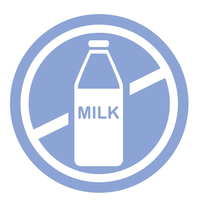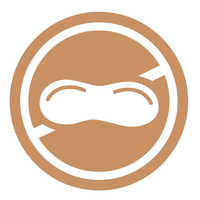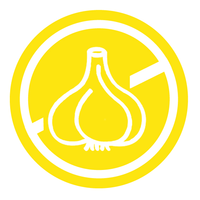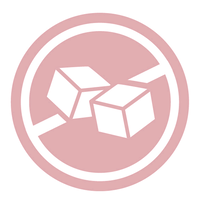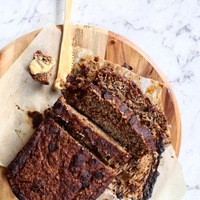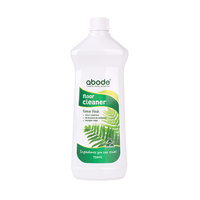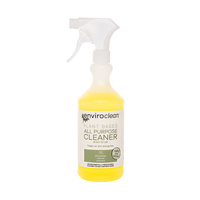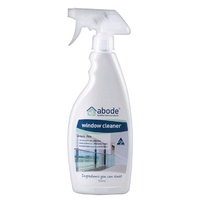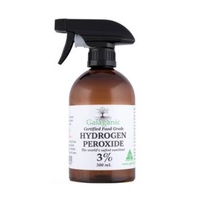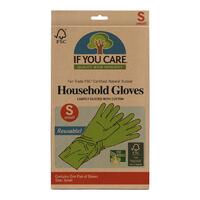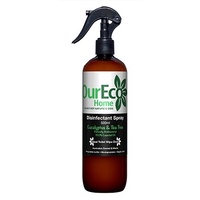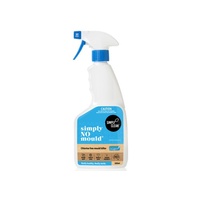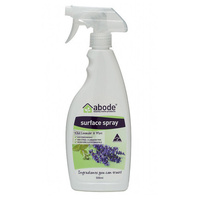Detox Your Home
Author: Leanne Date Posted:10 January 2023
New Year is often a time when people choose to clean and detox their home but I like to think its an all year around affair ! Here are some tips for cleaning , detoxing and decluttering your home.
Opening windows helps to air out the house and helps to lift some of the sluggishness which may have descended upon the house. Clearing away any clutter lying around creates space (physical and emotional), and brings a freshness and lift in energy to the home. Start with one room, and work around the home gradually – get the other members of the household involved too. It can help to put a box by the front door and attempt to fill it each week. Donate the contents or recycle as much as you can.
It’s also a good idea to do a Home Hazards Audit, checking for things like –
Chemicals – Cleaning products, plastics, hormone-disrupting chemicals in household products, damaged non-stick cookware and excess building materials.
Water – Check for heavy metals like copper, lead or iron, pesticides, chlorine, nitrates/nitrites or microbes like E.coli. Checking the pH of the water may be useful if you find higher levels of metals in your tap water. The more acidic the water, the more heavy metals will leach. Nicole Bijlsma is a Building Biologist and Naturopath. Her book “Healthy Home, Healthy Family” is a very well researched resource to get further information from.
Electromagnetic Fields – The best advice is to have distance between you and any source of Electromagnetic Field (EMF), such as a mobile phone, iPads or laptop computer. As a guideline, place any source of EMF at least one metre away from where you sit or sleep, eg couch, desk or bed. As you double the distance away from the EMF source, the exposure is reduced by 75%. Other ways to reduce exposure to EMF’s are: Demand switches and contactors in the fuse box, using shielding cabling in walls to reduce electric and radio frequencies, having an electrician check that all wiring and materials are earthed correctly and putting mobile phones or iPads on airplane mode when children are playing with them. A qualified Building Biologist can fully assess building wiring, appliances, the influence of power lines or high-voltage transmission, lighting within the home, mobile phone towers, phones, radioactivity, smart metres and wireless technology.
Allergens – Clearing away clutter is a helpful way to minimise the dust which harbours dust mites. Keeping the home easy to keep clean is very important for people who are dust sensitive. We know from the "Hygiene Hypothesis" that keeping our homes super sterile is not good for the immune system – but we also need to care for those individuals who react to pet dander or pollen etc. There are exposure standards that can be checked, to make sure that the exposure within the home is not a constant stress on the respiratory tract.
Germs – Again, we know that some exposure to germs is good for us, just make sure to avoid the bad ones such as E.coli and salmonella. Taking off your shoes at the front door can cut down on the amount environmental contaminants entering our home, especially things like lead dust (which is still present on the sides of roads, even though leaded petrol hasn’t been used for 2 decades).
Lead – Exposure to lead is largely from removing old lead paint from pre-1970’s houses but it can also be from hobbies such as lead lighting, fishing, painting and mechanics.
Mould – Find the cause of any moisture which may be contributing to a build-up of mould in the home. Once the cause has been dealt with, the area can be cleaned with either a mixture of white vinegar and water for non-porous surfaces or 70% alcohol and water for porous surfaces like untreated wood. For mould-sensitive individuals, the presence of mould in the home represents a constant assault on the immune system, and can contribute to lung infections and colds.
Toxic Gasses – Check the flame on your gas stove and make sure that there’s no yellow or orange flame. Ventilation in the home, especially after cooking is important. Having plants in the home can improve the air quality as they can absorb some of the contaminants in the air. For example, some ferns are able to absorb the formaldehyde fumes from wood furniture. Many homes have the garage attached to the house, so make sure that any connecting doors are well sealed so as to keep out any vehicle exhaust.
“Detox your home” is a Government initiative which provides collection days for toxic home waste removal – items such as computers/printers, TV’s, batteries, paint, fluorescent lights and fertilisers etc. The website includes information for the safe transport of these items. There are permanent drop-off sites listed as well. Details can be found here
Detoxing your home can have a big positive impact on your health and the health of your family members. Here at Sunnybrook, we stock a great range of natural safe cleaning products to help make your spring clean a success. If you have any questions about this article or would like to discuss anything else about detoxing your home, pop in store and have a chat with our friendly staff.



